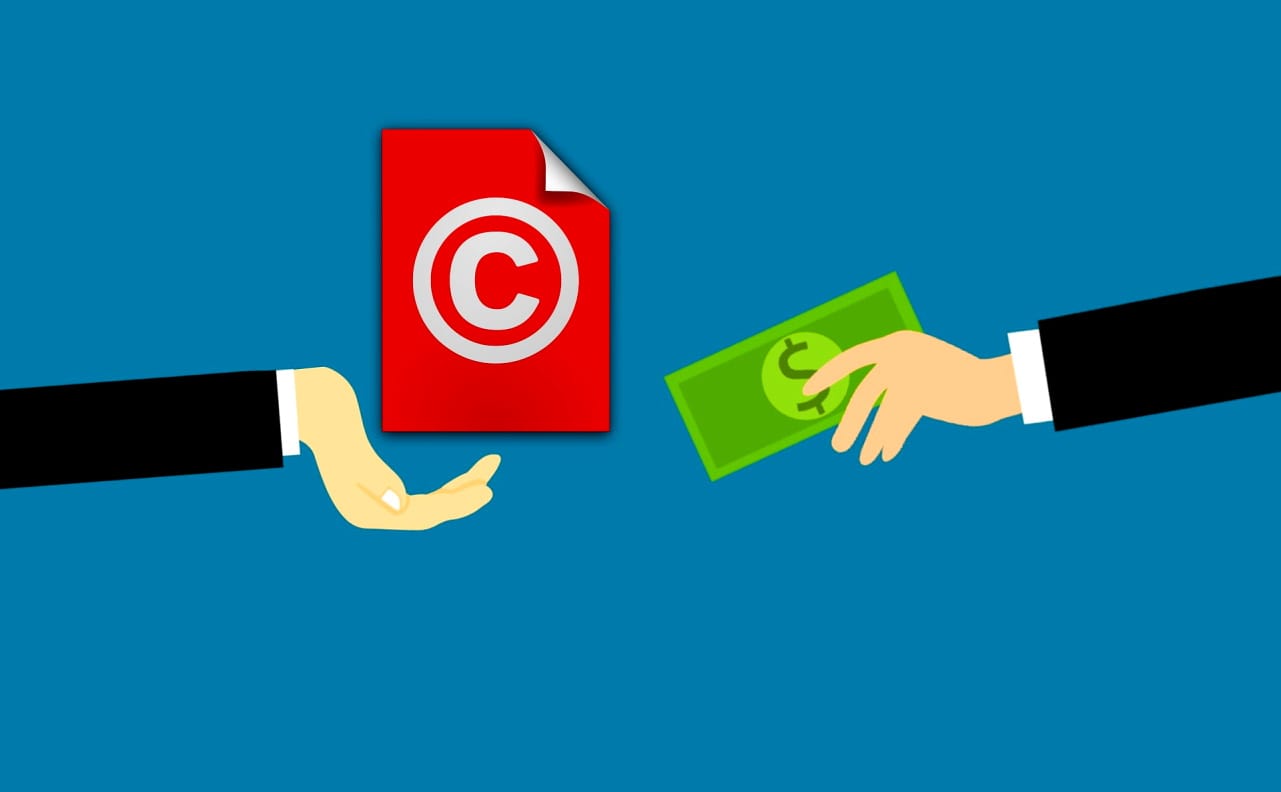Know-how Intellectual Property Law Works and the Legal Framework for Protecting Domain Names in Cases of Cybersquatting and Bad Faith Use.
As with any asset, domain names are subject to legal protection, and the law governing domain names can be complex.
Intellectual property (IP) law governs domain names and is designed to protect the rights of those who create original works. IP law includes patents, trademarks, copyrights, and trade secrets. In the case of domain names, the relevant legal framework is trademark law. A trademark is any word, symbol, or design that identifies and distinguishes the source of goods or services. In the context of domain names, a trademark is used to identify the source of the goods or services offered through a website.
The first step in protecting a domain name is to register it with the appropriate organization. In the United States, the organization responsible for domain name registration is the Internet Corporation for Assigned Names and Numbers (ICANN). ICANN is a nonprofit organization that oversees the registration of domain names and ensures that they are unique and not already in use. Once a domain name has been registered, it is protected by trademark law.
Trademark protection is not absolute, and there are limitations to what can be protected. For example, a generic or descriptive term cannot be protected unless it has acquired a secondary meaning. In other words, if a term is commonly used to describe a product or service, it cannot be protected unless it has become associated with a particular brand in the minds of consumers. For example, the term “apple” cannot be protected as a trademark for a company that sells apples, but it can be protected as a trademark for a company that sells computers and other electronic devices.
Another limitation to trademark protection is the principle of fair use. Fair use allows others to use a trademark in certain circumstances, such as for commentary or criticism, comparative advertising, or educational purposes. For example, a news article about a particular brand of products may use the trademarked name of the company in order to accurately report on the story.
One of the most complex issues in domain name law is the practice of cybersquatting. Cybersquatting is the act of registering a domain name that is identical or similar to a trademarked name in order to profit from it. Cybersquatters typically register domain names that are similar to famous trademarks in order to divert traffic to their own websites or to sell the domain name to the trademark owner at an inflated price. Cybersquatting is illegal under trademark law, but it can be difficult to enforce.
To combat cybersquatting, the Anticybersquatting Consumer Protection Act (ACPA) was passed in the United States in 1999. The ACPA provides a cause of action for trademark owners who have been victimized by cybersquatting. Under the ACPA, a trademark owner can bring a civil action against a cybersquatter and seek damages, injunctive relief, and the transfer of the domain name to the trademark owner.
Also, another issue in domain name law is the use of domain names in bad faith. Bad faith refers to the use of a domain name with the intent to deceive or confuse consumers. For example, a competitor might register a domain name that is similar to a trademarked name in order to divert traffic to their own website or to mislead consumers into believing that they are affiliated with the trademark owner. Bad faith use of a domain name is also illegal under trademark law and can result in legal action.
Domain names are a critical aspect of a company’s online presence, and they are subject to legal protection under trademark law. However, the complexities of IP law can make it difficult for companies to protect their domain names, particularly in cases of cybersquatting and bad faith use.
It is essential for companies to take proactive steps to protect their domain names, such as registering them with ICANN and monitoring their use online. Companies should also consider trademark registration for their domain names, as this provides stronger legal protection against infringement.
Companies should be aware of the legal options available to them in cases of cybersquatting and bad faith use. The ACPA provides a powerful tool for trademark owners to protect their rights in cases of cybersquatting, and legal action can be taken against those who use domain names in bad faith.
In our continuing evolving world, the complexities of domain name law are likely to increase. It is essential for companies to stay informed about the legal issues surrounding domain names and to work with legal professionals who specialize in IP law to protect their online assets.
Have you ever experienced a situation where your domain name was subject to infringement or misuse? If so, how did you handle it?

